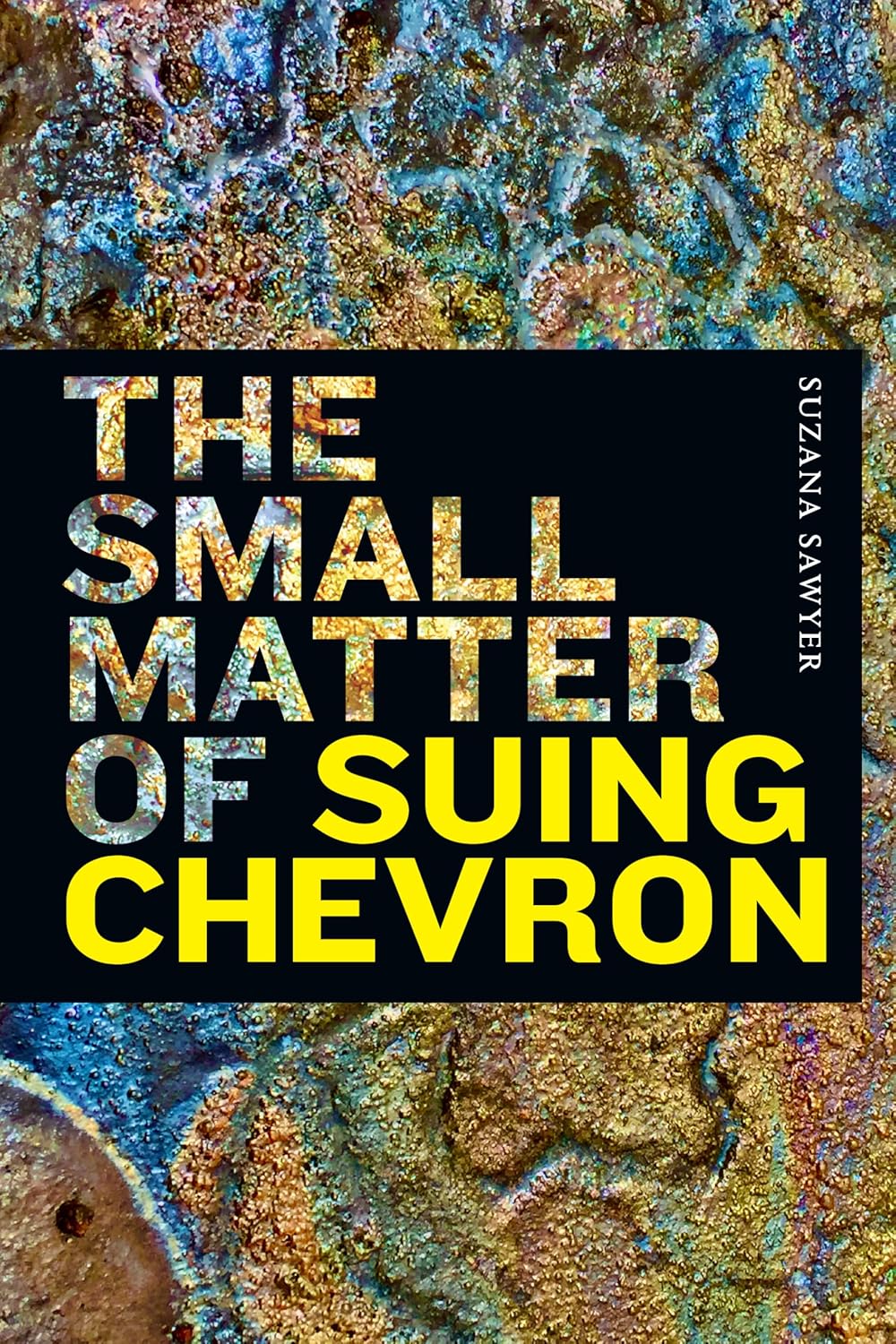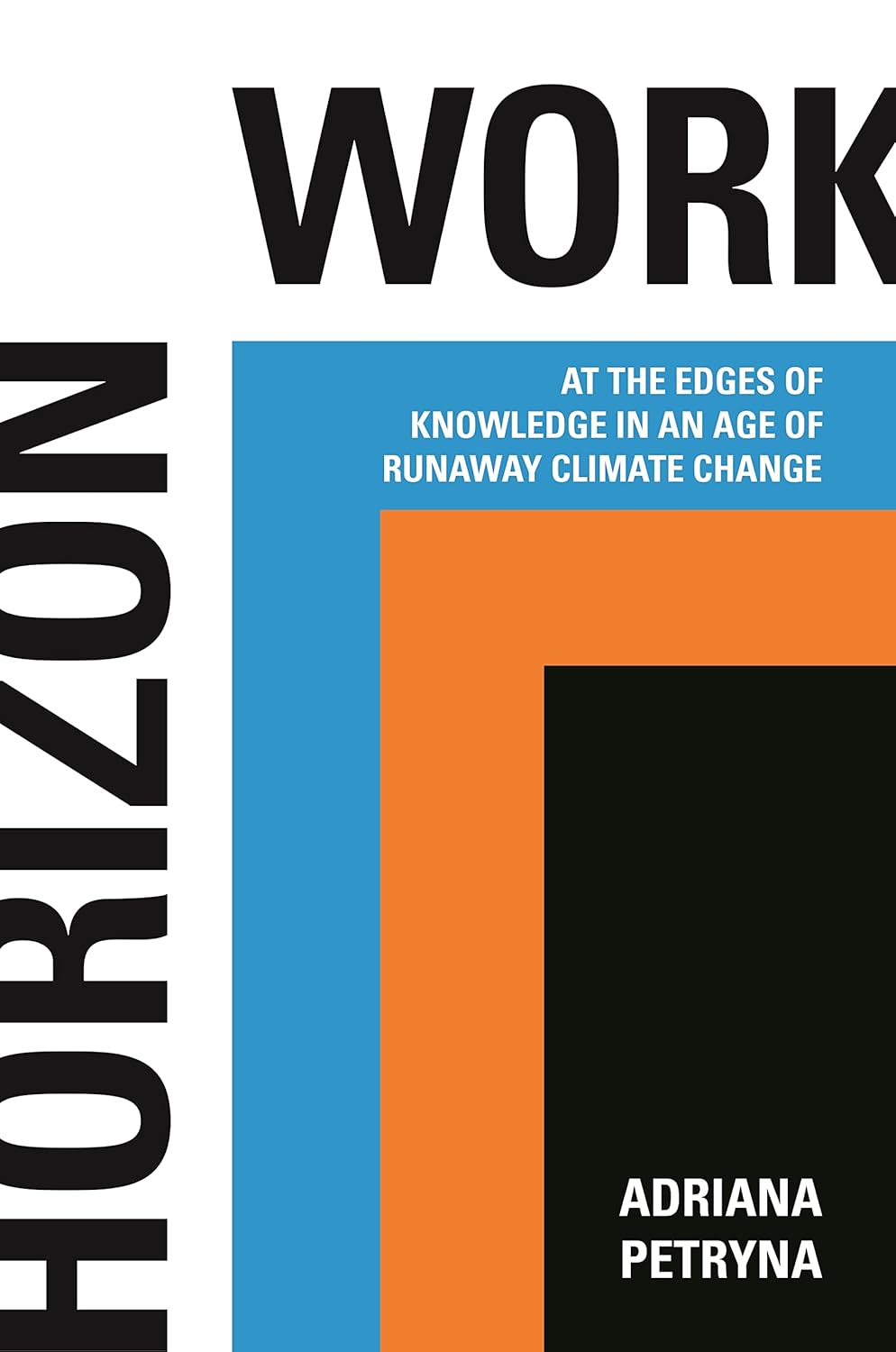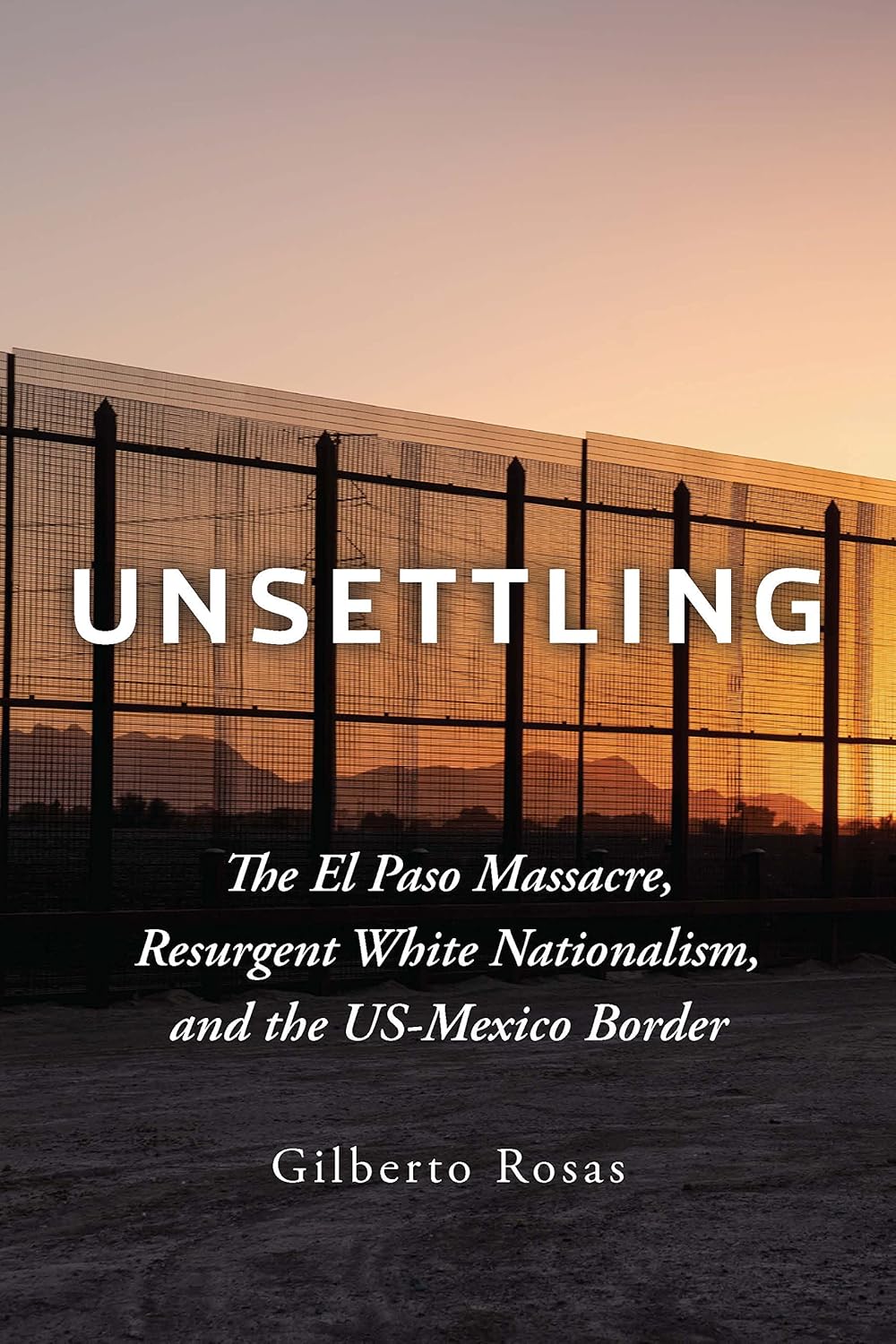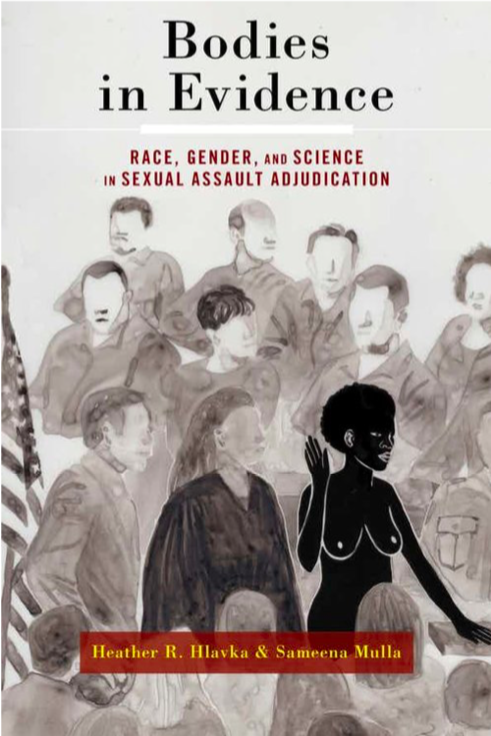2024 Joint Winner
The Small Matter of Suing Chevron
by Suzana Sawyer
Prize Committee: Daromir Rudnyckyj (University of Victoria, chair), Sameena Mulla (Emory U), and Brandon Hunter-Pazzara (Georgetown U)
 This exceptional ethnography offers a brilliant and sophisticated analysis of the interplay between law and power, and their complex reactions within and across increasingly international and transnational legal systems. Told through a critical accounting of the decades- long litigation brought against Chevron by Indigenous communities in the Ecuadorian Amazon for oil contamination on their land, Sawyer reveals law’s open-endedness, its ability to move and shift in new contexts, and its limits as a vehicle to bring about justice and hold the powerful responsible for their actions. What makes Sawyer’s ethnography so compelling is her ability to hold the question of justice to the side, and instead carefully guide her reader through the legal mechanisms, techniques, and strategies that shaped this epic legal controversy. From this vantage point, Sawyer’s analogizing of law to chemical reactions becomes a poetic and ingenious way to describe law’s ability to be reshaped and influenced by the presence of dominant interests, epistemologies, and historical legacies. Sawyer’s key theoretical contribution is that law is not a fixed or inert substance but a reactive field where corporate interests and social justice movements collide, often producing outcomes that are far from what is theoretically expected in a neutral legal system. The implication of this provocative and crucial insight is to cast doubt on law’s claim to stability, and instead to think of law as a volatile mixture, susceptible to the pressures exerted by those with economic power. The Small Matter of Suing Chevron is a tremendous example of critical ethnography’s power to generate fresh facts and new perspectives to enduring, yet increasingly urgent, debates about law’s relationship to justice.
This exceptional ethnography offers a brilliant and sophisticated analysis of the interplay between law and power, and their complex reactions within and across increasingly international and transnational legal systems. Told through a critical accounting of the decades- long litigation brought against Chevron by Indigenous communities in the Ecuadorian Amazon for oil contamination on their land, Sawyer reveals law’s open-endedness, its ability to move and shift in new contexts, and its limits as a vehicle to bring about justice and hold the powerful responsible for their actions. What makes Sawyer’s ethnography so compelling is her ability to hold the question of justice to the side, and instead carefully guide her reader through the legal mechanisms, techniques, and strategies that shaped this epic legal controversy. From this vantage point, Sawyer’s analogizing of law to chemical reactions becomes a poetic and ingenious way to describe law’s ability to be reshaped and influenced by the presence of dominant interests, epistemologies, and historical legacies. Sawyer’s key theoretical contribution is that law is not a fixed or inert substance but a reactive field where corporate interests and social justice movements collide, often producing outcomes that are far from what is theoretically expected in a neutral legal system. The implication of this provocative and crucial insight is to cast doubt on law’s claim to stability, and instead to think of law as a volatile mixture, susceptible to the pressures exerted by those with economic power. The Small Matter of Suing Chevron is a tremendous example of critical ethnography’s power to generate fresh facts and new perspectives to enduring, yet increasingly urgent, debates about law’s relationship to justice.
Beyond its contributions to legal anthropology and critical ethnography, Sawyer submits to legal practitioners, human rights defenders, and others who place their faith in the law with a provocation on the efficacy of current legal frameworks to address global challenges and resolve environmental injustice. This is not a rhetorical argument, but one Sawyer makes through rich and detailed examination of the litigation and its complex evidentiary record. Such insights are especially relevant given broader efforts to mitigate the climate crisis through various forms of law (treaty, statute, regulation etc.), or to identify the absence of law as a culprit for the presence of environmental harm. While the ultimate outcome of the Chevron litigation underscores law’s limits, what might surprise readers is that The Small Matter of Suing Chevron is not a book about despair. It is instead a masterful tour de force that joins a long list of legal ethnographies encouraging their open-minded readers to consider the possibility that justice might reside outside of the courthouse.



